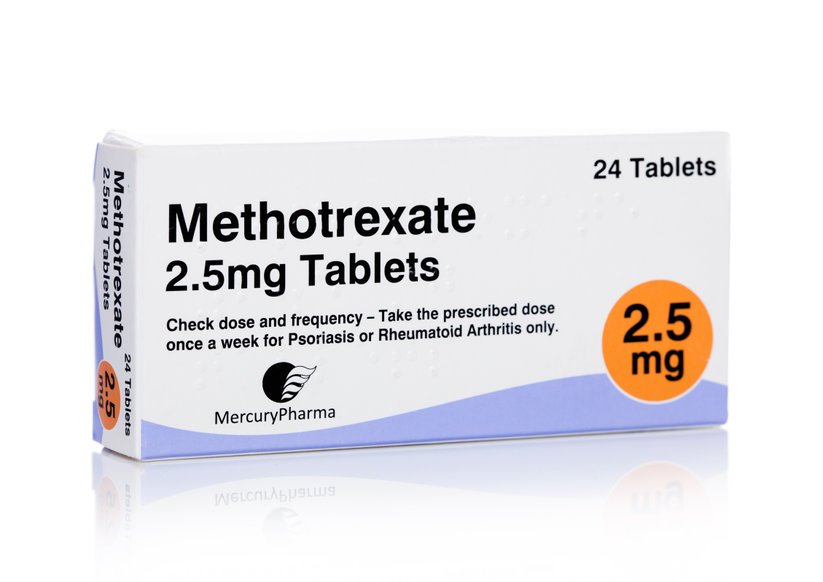Do you need Topamax? Topamax is an anticonvulsant intended to be taken orally. Doctors use Topamax primarily for treatment to counteract epileptic seizures and in patients with severe migraines. In both treatment cases, patients use Topamax as a preventive measure, not for acute treatment. The drug is available from us in different versions The tablets contain the active substance topiramate.… Read More... "Buy Topamax (Topiramate) without prescription"





